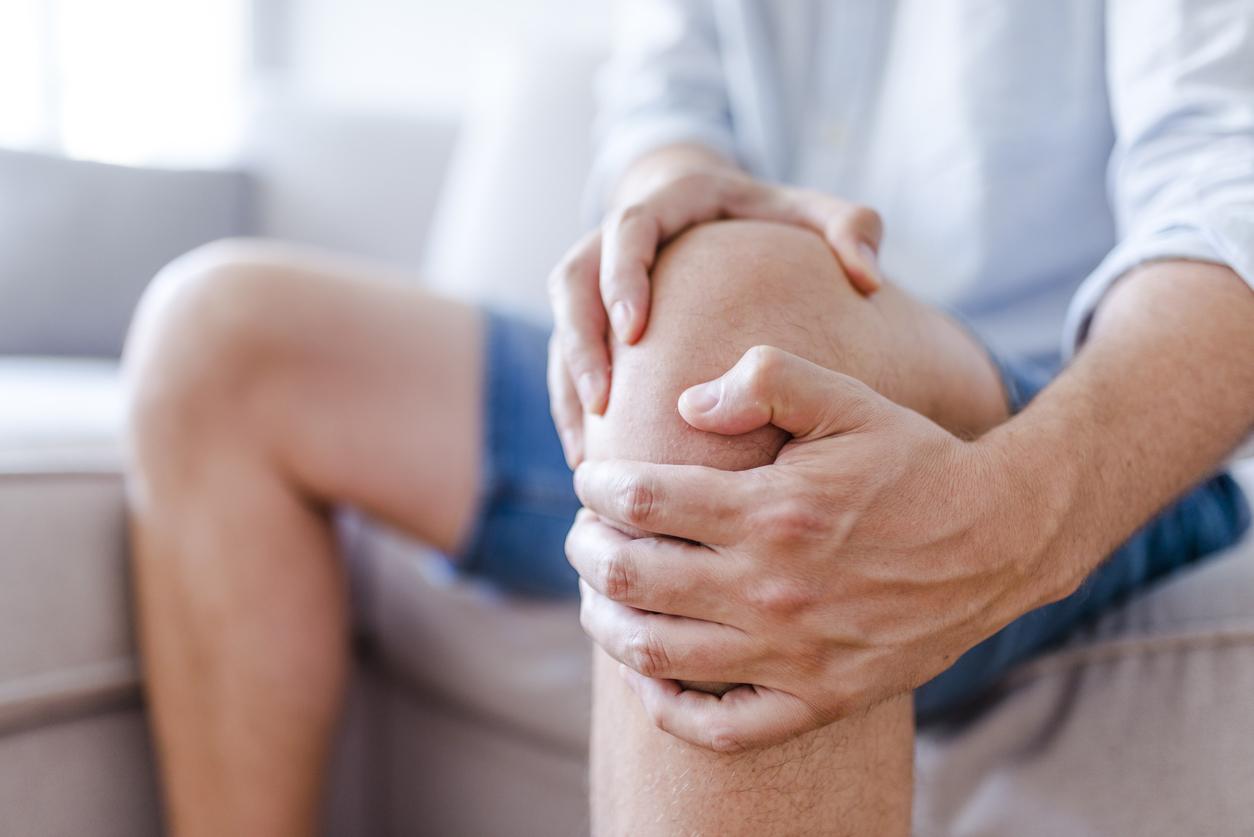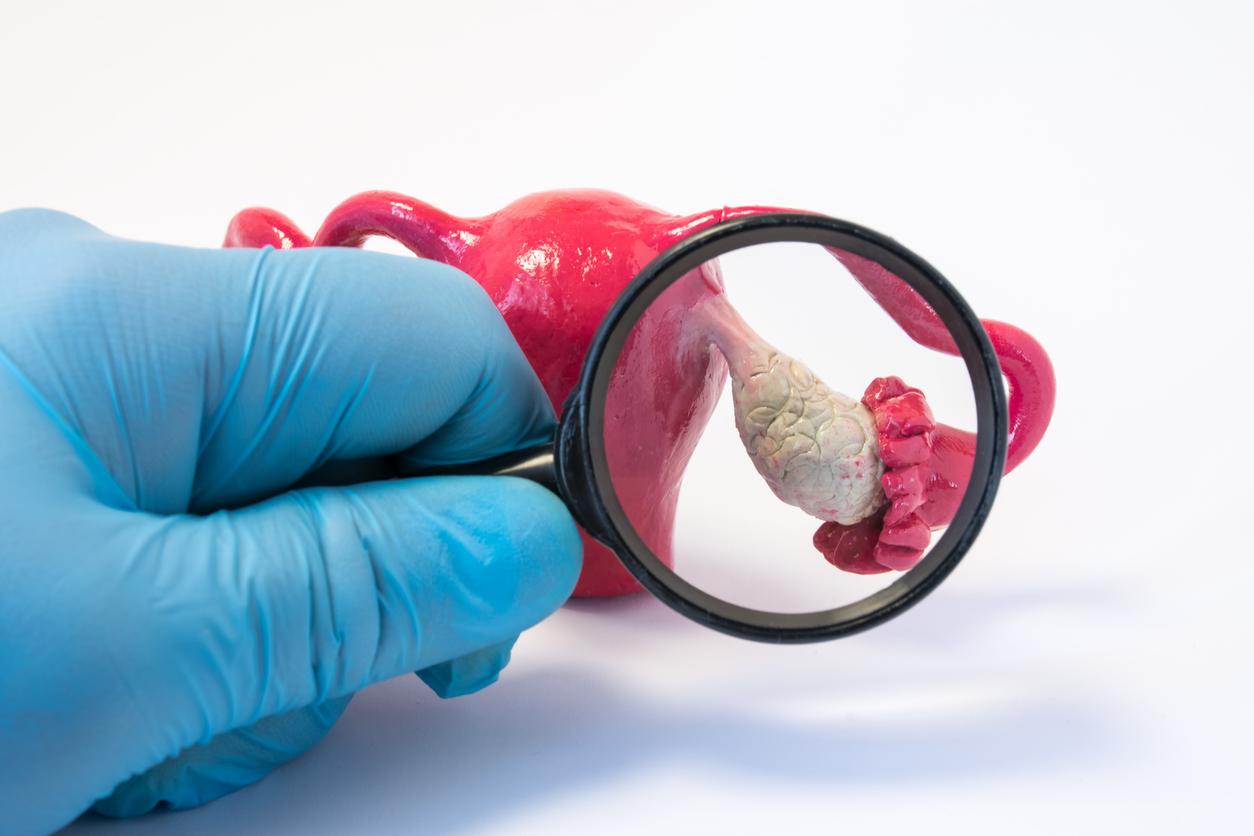Knee cracks are very common. Although they are not necessarily worrying, they are associated with a higher risk of developing certain pathologies.

- Nearly half of the population has weak knees.
- This is not always the result of a knee injury.
- On the other hand, affected people have a higher risk of suffering from osteoarthritis.
It’s an unpleasant sound and feeling, but it’s very common: many people sometimes feel their knee cracking. In the specialist journal British Journal of Sports Medicineresearchers discovered that the phenomenon affects a large part of the population: 41% of participants in their study had creaky knees.
Why do knees crack?
This grinding, which we feel when moving the knee, affects all age groups. “People with cracked knees often feel like there are more serious underlying health issues like arthritis, making them fearful about exercising and using their kneesanalyzes the author of this study Jamon Couch, physiotherapist at La Trobe University in Australia. At the same time, he notes that health professionals are often helpless when dealing with patients: they have difficulties “to provide advice on the problem, due to a lack of research into the meaning of knee cracking”. The Australian scientist explains that the cause of this phenomenon has been the subject of debate for years. ““Current evidence is inconclusive as to why they occur.”he warns.
Knee cracks are more common with cartilage injury
To better understand knee cracking, he analyzed the results of around a hundred studies, bringing together more than 36,000 people in total. “Knee crackles were common in people with and without knee injurieshe analyzes. We found that 36% of people without knee injuries had cracked knees, although this phenomenon was much more common in people with knee cartilage injuries.”

What are the risks in the event of a cracked knee?
The researcher and his team also found that knee crunches affected 81% of people with knee osteoarthritis. “One of the most concerning findings we made is that people with crepitus knee were more than three times more likely to be diagnosed with osteoarthritis and twice as likely to have knee joint changes. knee linked to osteoarthritis on magnetic resonance imaging (MRI) examinations”alerts the researcher.
However, he wants to reassure those affected: according to him, they should not be particularly worried about these cracks. “If it’s not painful, it probably doesn’t do any harm.”he believes. Jamon Couch strongly recommends that they continue to practice regular physical activity.


















